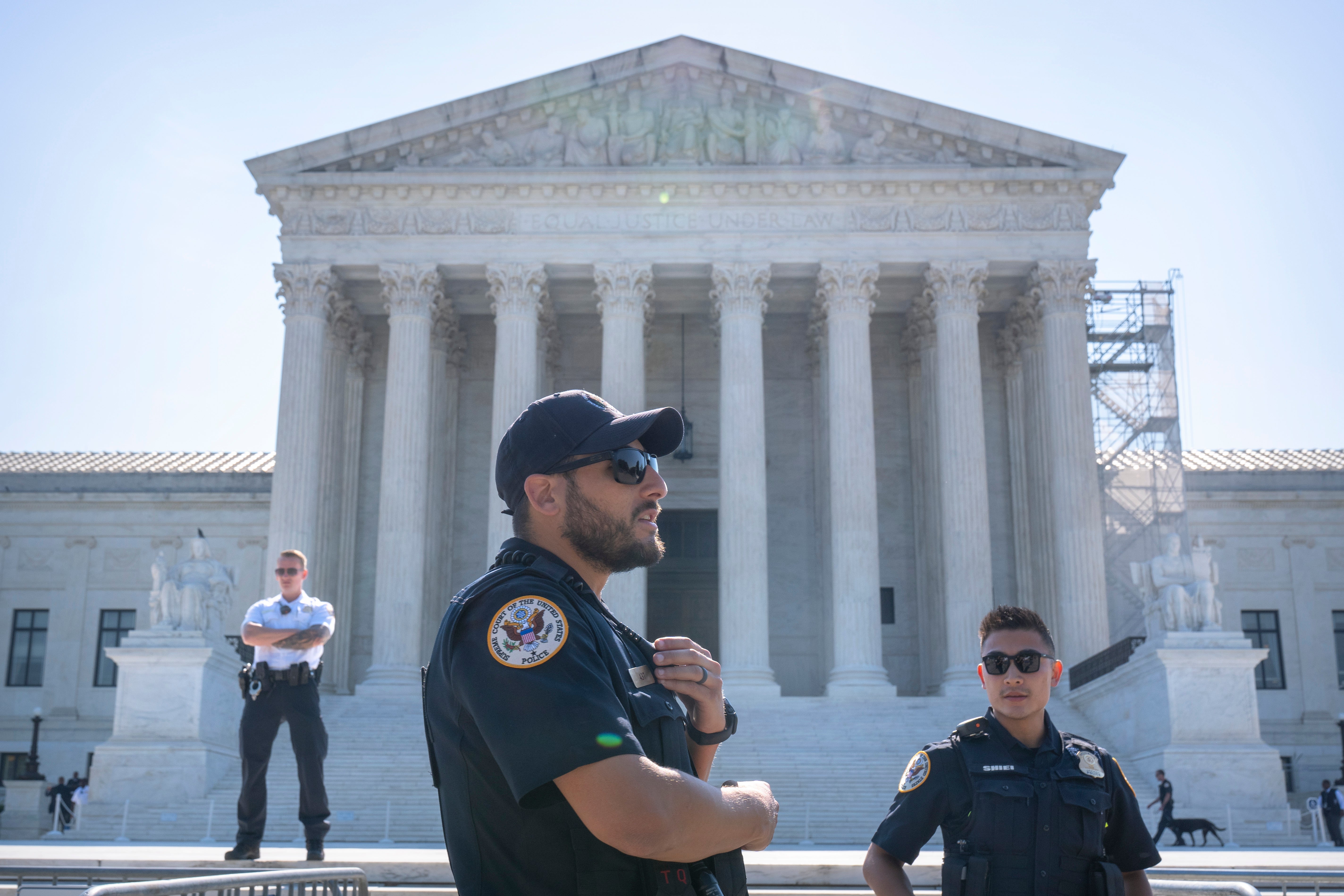Supreme Court, siding with Starbucks, makes it harder for NLRB to win court orders in labor disputes
The Supreme Court has made it harder for the federal government to win court orders when it suspects a company of interfering in unionization campaigns in a case that stemmed from a labor dispute with Starbucks

The Supreme Court on Thursday made it harder for the federal government to win court orders when it suspects a company of interfering in unionization campaigns in a case that stemmed from a labor dispute with Starbucks.
The justices tightened the standards for when a federal court should issue an order to protect the jobs of workers during a union organizing campaign.
The court rejected a rule that some courts had applied to orders sought by the National Labor Relations Board in favor of a higher threshold, sought by Starbucks, that must be met in most other fights over court orders, or injunctions.
The NLRB had argued that the National Labor Relations Act, the law that governs the agency, has for more than 75 years allowed courts to grant temporary injunctions if they find requests “just and proper.” The agency said the law doesn’t require it to prove other factors and was intended to limit the role of the courts.
The case began in February 2022, when Starbucks fired seven workers who were trying to unionize their Tennessee store. The NLRB obtained a court order forcing the company to rehire the workers while the case wound its way through the agency’s administrative proceedings. Such proceedings can take up to two years.
A district court judge agreed with the NLRB and issued a temporary injunction ordering Starbucks to rehire the workers in August 2022. After the 6th U.S. Circuit Court of Appeals upheld that ruling, Starbucks appealed to the Supreme Court.
Five of the seven workers are still employed at the Memphis store, while the other two remain involved with the organizing effort, according to Workers United, the union organizing Starbucks workers. The Memphis store voted to unionize in June 2022.
As as the case proceeded, animosity between Workers United and Starbucks began to fade. The two sides announced in February that they would restart talks with the aim of reaching contract agreements this year, and they held their first bargaining session in nearly a year in late April.
Workers at 437 company-owned U.S. Starbucks stores have voted to unionize since late 2021, according to the NLRB, but none of those stores has secured a labor agreement with Starbucks.
Bookmark popover
Removed from bookmarks